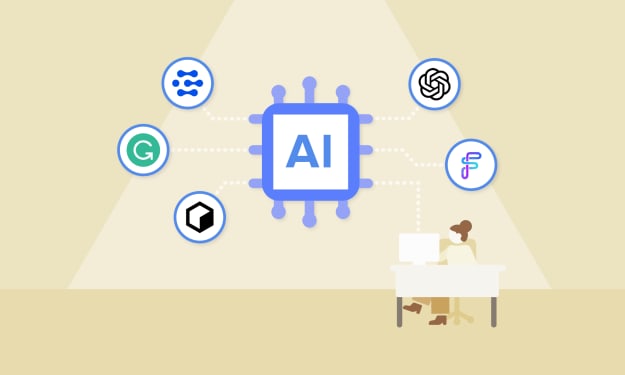How to access the dark web.
Getting started with the dark web.

First, let's review the dark web. Information sources vary on what parts of the Internet can be viewed in a standard browser. In one article, NPR said that 96% of the internet is unavailable to regular browsers. Let's call this the iceberg theory. In other words, the internet we see is just a corner. Other sources say the percentage is closer to 90%, which is still a big number. So what is it that we don't see? First, let's understand the difference between a "deep web" site and a "dark web" site.
The deep web may not be as degenerate as the dark web.
The deep web is just that part of the web that is inaccessible to traditional browsers. One expert said, "Despite numerous depictions of nefarious underground operations operating covertly, the deep web is primarily a harmless private database and web resources that is not intended for the general public to access."
Companies and banks have private databases and some websites may not want to be indexed. They want to remain untraceable.
But the dark web is completely different. This is where complete anonymity is required. As said earlier, political dissidents may be active on the dark web because in some countries, criticizing a leader or ruler can still cost you your freedom or your life.
How does it work?
How do people get the anonymity they need? The dark web includes both encryption and dedicated privacy browsers.
The best known is Tor, which is sometimes called, “The Onion Router.” It is a free software that directs traffic through a massive network of relays. These servers are run by volunteers.
Here is an explanation by the Tor Project: “Tor's users employ this network by connecting through a series of virtual tunnels rather than making a direct connection, thus allowing both organizations and individuals to share information over public networks without compromising their privacy.”
It has been alleged by some people that the Tor network was created by the U.S. Navy and is still partly funded by the U.S. government.
Tor tells us that while many people might think chat rooms are just full of rather strange people talking about all sorts of things, many people go to hidden chatrooms to discuss privately how they survived abuse, or perhaps to talk about an illness they have that they are afraid could be found out in chatrooms outside of private browsing.
If you're planning to venture into the dark web, the first step is to get a Virtual Private Network (VPN). Just visit the Google search engine and search for VPN. Some are free, while others charge a small fee. You may not need a VPN, but if you want extra security, get one. Even if Tor is compromised and you're browsing dark websites, it's unlikely that you'll be tracked because you're using a VPN.
Once your VPN is established, you can access the Tor Browser. To do this, just go to Tor and download. It couldn't be easier. A Google search for the words "Download Tor Browser" should show the Tor project as the top result. Wait for a while and install the browser on your computer. Then there is the "Start Tor Browser" option. Then you will be able to access websites on the onion router.
If you want access to marketplaces, find listings on Dark Web Markets. You can also access the popular Onion Directory and Hidden Wiki databases.
Here's how to access most things on the dark web.
Needless to say, don't use your real name and don't send pictures of yourself to anyone. An anonymous email account should also be used. After the session ends, shut down your computer.
The dark web can be a pretty scary place, but there's only one reason most people actually want to look for themselves.
To see if their personal information is digitally bought and sold on the dark web marketplace.
There have already been reports of illegal activity there, but there is more to this place. There may be whistleblowers on the dark web who fear their identities will be exposed. Human rights journalists may also publish articles here knowing that their work cannot be traced back to them. Critics of repressive governments may express their concerns there, while others simply want complete privacy when talking to people about their health.
About the Creator
Ikechukwu Modungwo
I'm an online entrepreneur sharing insights on digital solutions and marketing, as well as a passionate blogger and music lover.
Subscribe and share any post you find helpful with your contacts, they might enjoy it too.






Comments (2)
This is fascinating. Now I know how to hide my dark secrets. This was very interesting.
very good